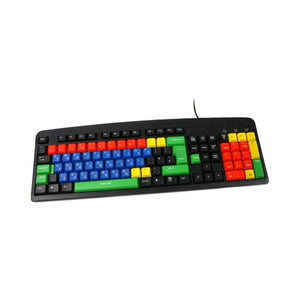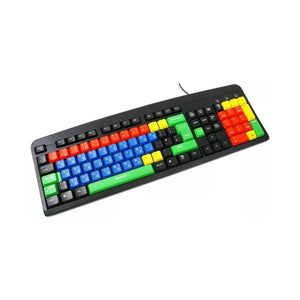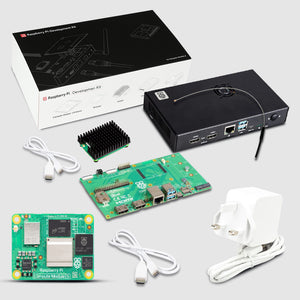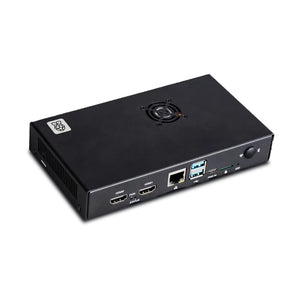SB Servo is a series of high quality affordable serial servo motors.
SB Servo is a crowdfunded servo motor project aimed at providing affordable yet reliable servos for embedded enthusiasts.
The SB servo Kickstarter campaign launched 2 motors-
- SB-SS023
- SB-SS15
The two motors have the same working protocols but have different torque and sizes.
The SB Servo provides a wide variety of features that are very much for a single user in a single project.
In this article, we’ll discuss SB Servos, its features, and its applications.
What is the buzz about SB Servo?
SB Servo provides 2 varieties of high torque affordable Serial Servo motors. The SB-SS15 provides a torque of 15KG.cm and SB-SS023 provides a torque of 2.3KG.cm for light applications. It is made of high-quality Nylon and glass fiber material and metal gears to provide longer life and durability to motors. The motors are designed for both industrial and educational purposes.
These motors provide real-time data feedback, which is useful in many applications. This motor is a perfect choice for students and engineers with robotic applications. However, it can be used in other projects as well.
How is it different from others?
The conventional DC servo motors were controlled via a PWM signal, each motor had a wire where we had to provide a PWM control signal. So the issue was that as the number of motors increases the complexity of the wires, pins, hardware, and the computer program increases. With this, they had no data feedback system, meaning you didn’t know which direction the shaft of the motor was facing, what is the voltage at the motor and that your signal is delivered properly.
With the SB servo motors, the above problems are sorted out by the Modbus serial communication. The motors are identified with a unique ID ranging from 1 to 253, each motor has an ID and up to 253 motors are connected serially. This approach saves you a lot of GPIO pins earlier needed for generating PWM output.
Now that motors are controlled by the serial UART communication, there are only 2 GPIO pins consumed for as much as 253 motors.
The servos also provide acknowledgement for the data received and other real-time data for the position of the shaft, temperature of the motor, speed, torque, voltage, etc.

Why SB Servo?
SB Servos are affordable High Torque servo motors controlled serially. SB Servos changes the way we use servo motors.
SB Servos are hardware independent. You can control SB Servos using any hardware which supports serial communication. You can control SB Servos using your desktop, Raspberry Pi, Arduino, BeagleBone, etc.
SB Servo is a responsive servo motor that provides data feedback. The data like position, speed, torque, voltage, load, etc can be beneficial in a lot of applications.
These servos are more durable than any other servo motors we find around us in such an affordable price.
These motors can be operated in two modes i.e, the Servo Mode and the Motor Mode. In servo mode, the rotation is 0-300 degrees and while on the motor mode it will rotate full 360 degrees.
These motors are totally open-source, which means you will get to know all the in and outs of the motor.
Features
- Serial UART Control
- Supports Baud Rate up to 1MBps
- Angle Control 0-300 degree and 360 degrees Cyclic Rotation
- Wide Voltage Range(Doesn’t rotate at too low or too high voltage)
- Real-Time Position, Load, Temperature, Speed, and Voltage feedback
- High torque up to 15KG.cm
- Resolution 0.19 degrees
- Self Unloading Protection
- PID Tuning
- Metal Gears
- 2 Connection Port for Cascaded Connections
- Compatible for Raspberry Pi | Arduino | Windows | Mac | Linux
- Open Source
Conclusion
SB Servo has a lot of applications from educational to industrial institutions. The applications add on from its dual operation mode as a servo and a normal motor. It is a good choice for embedded and robotic enthusiasts because of its responsive nature.
SB Servo is performing quite well on Kickstarter and getting good support from the people. For the overall success of the SB Servos, we’ll have to wait till 11th March 2020.








